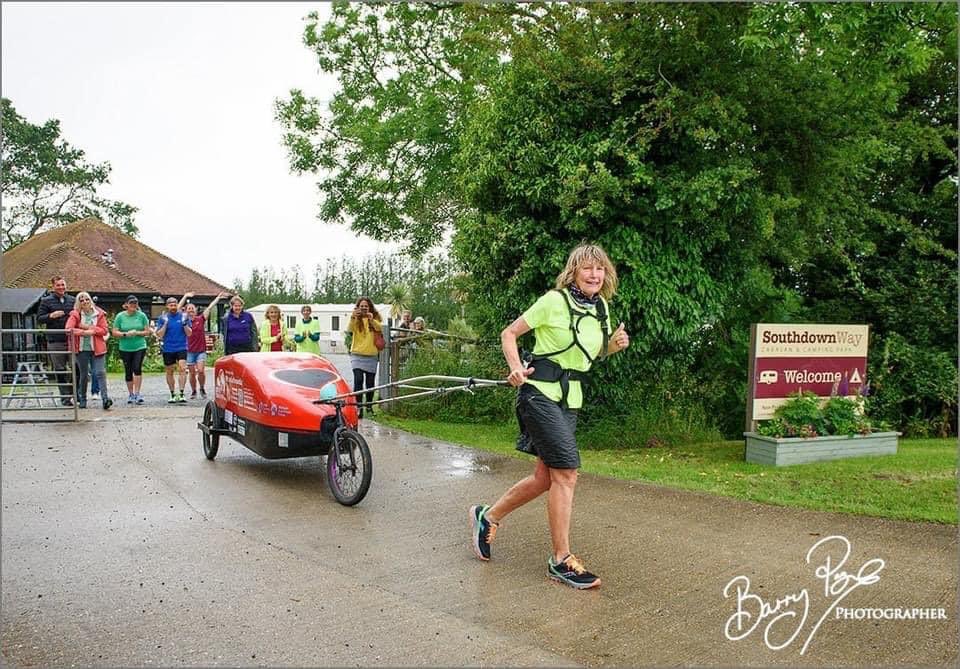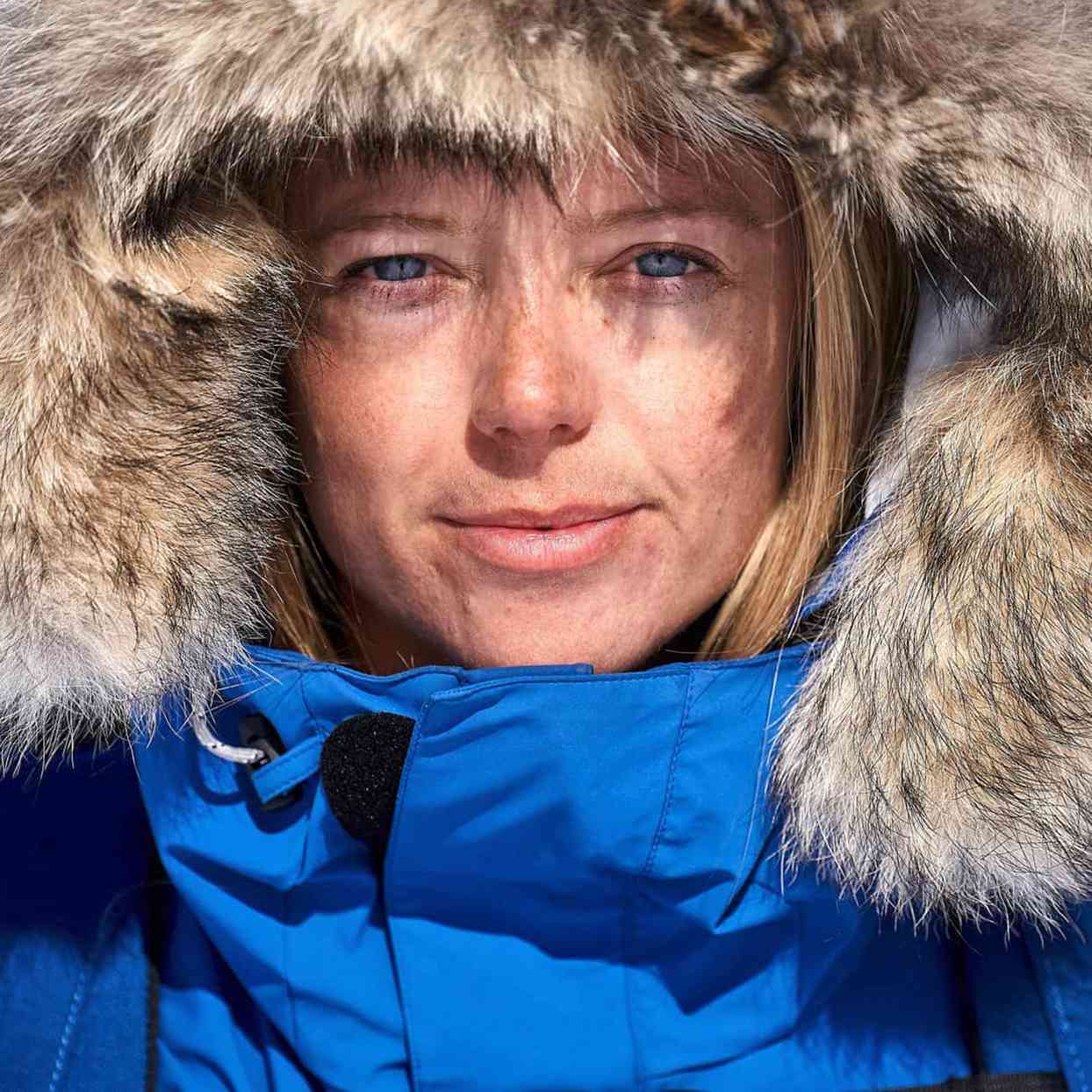
63-year old Bert ter Hart is trekking and paddling his canoe across Canada, from west to east, using only a sextant and compass. He’s following routes that Canada’s Indigenous people travelled for thousands of years; they later helped guide the fur traders and explorers like David Thompson. He’s also carrying a petition that seeks to recognize these Indigenous guides.

/cloudfront-ap-southeast-2.images.arcpublishing.com/nzme/VCIXREYHNHRIAAJG5YL2QJKLWQ.png?resize=676%2C292&ssl=1)


